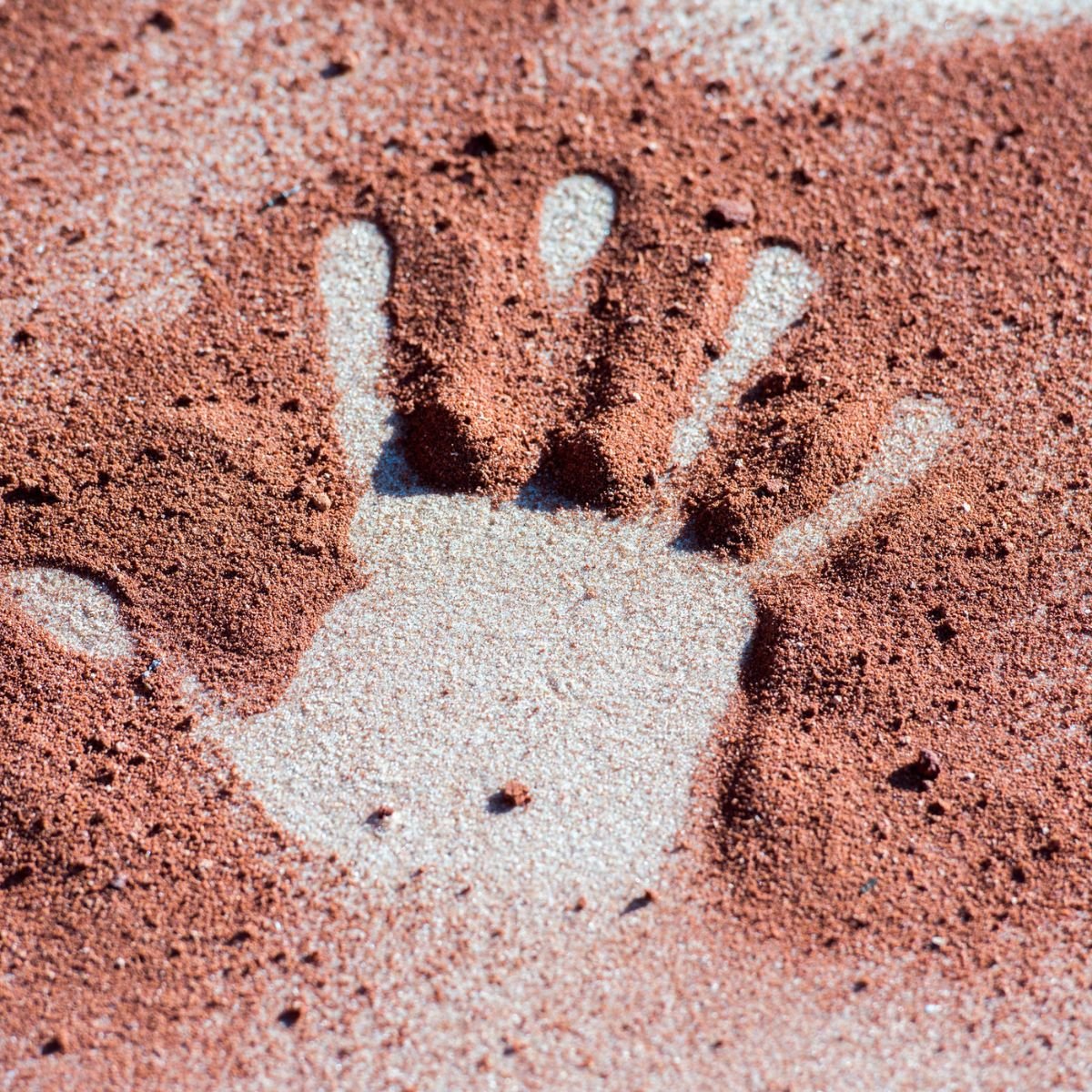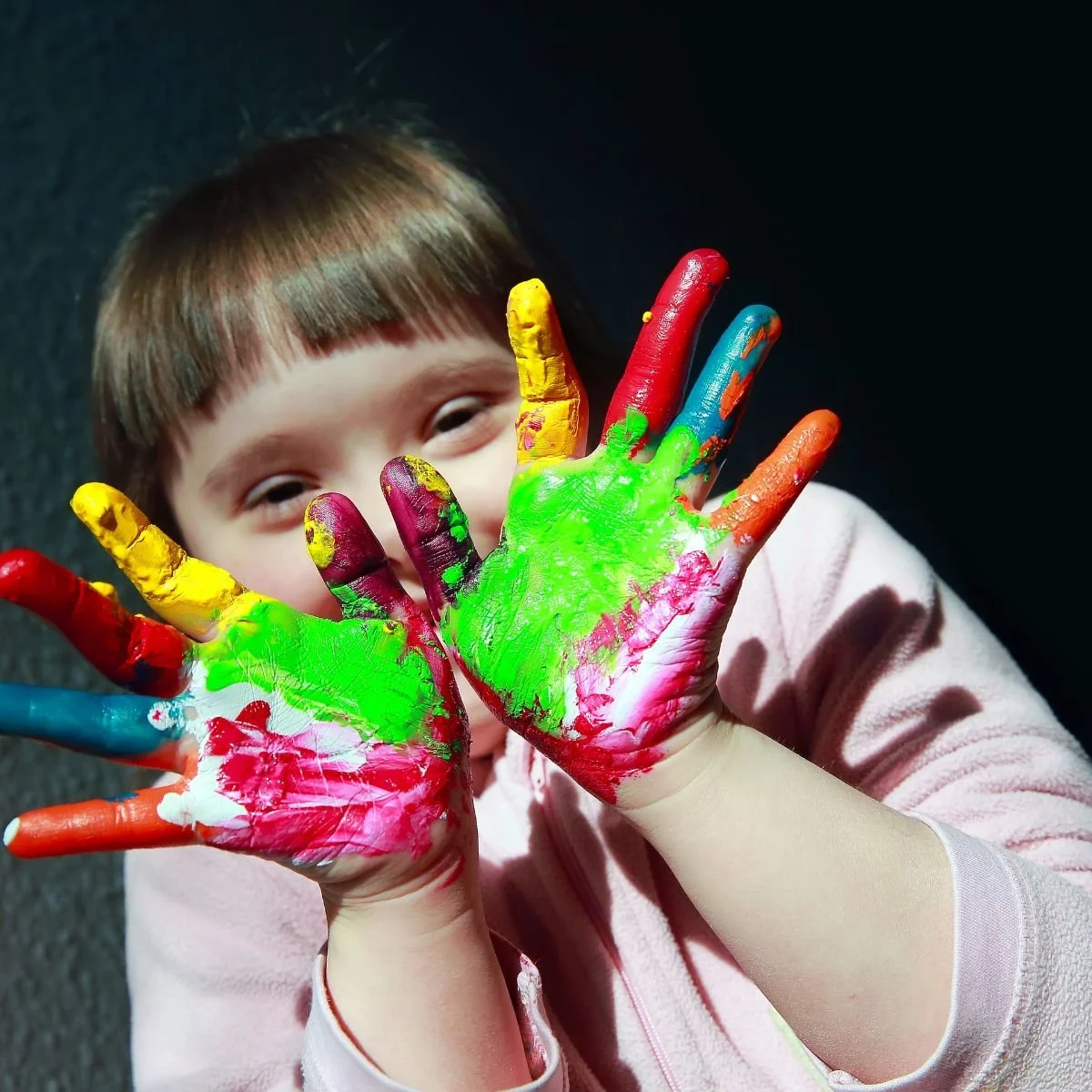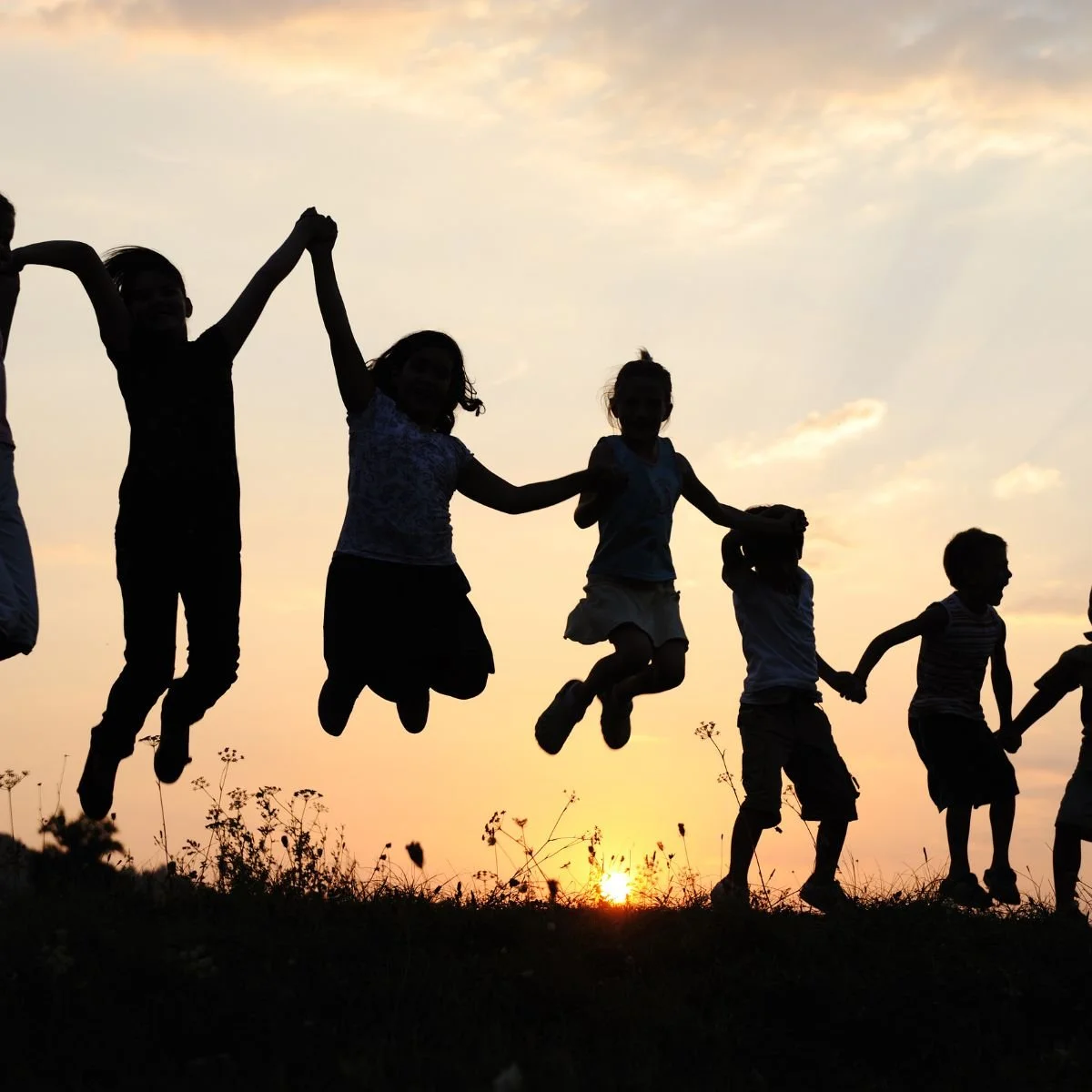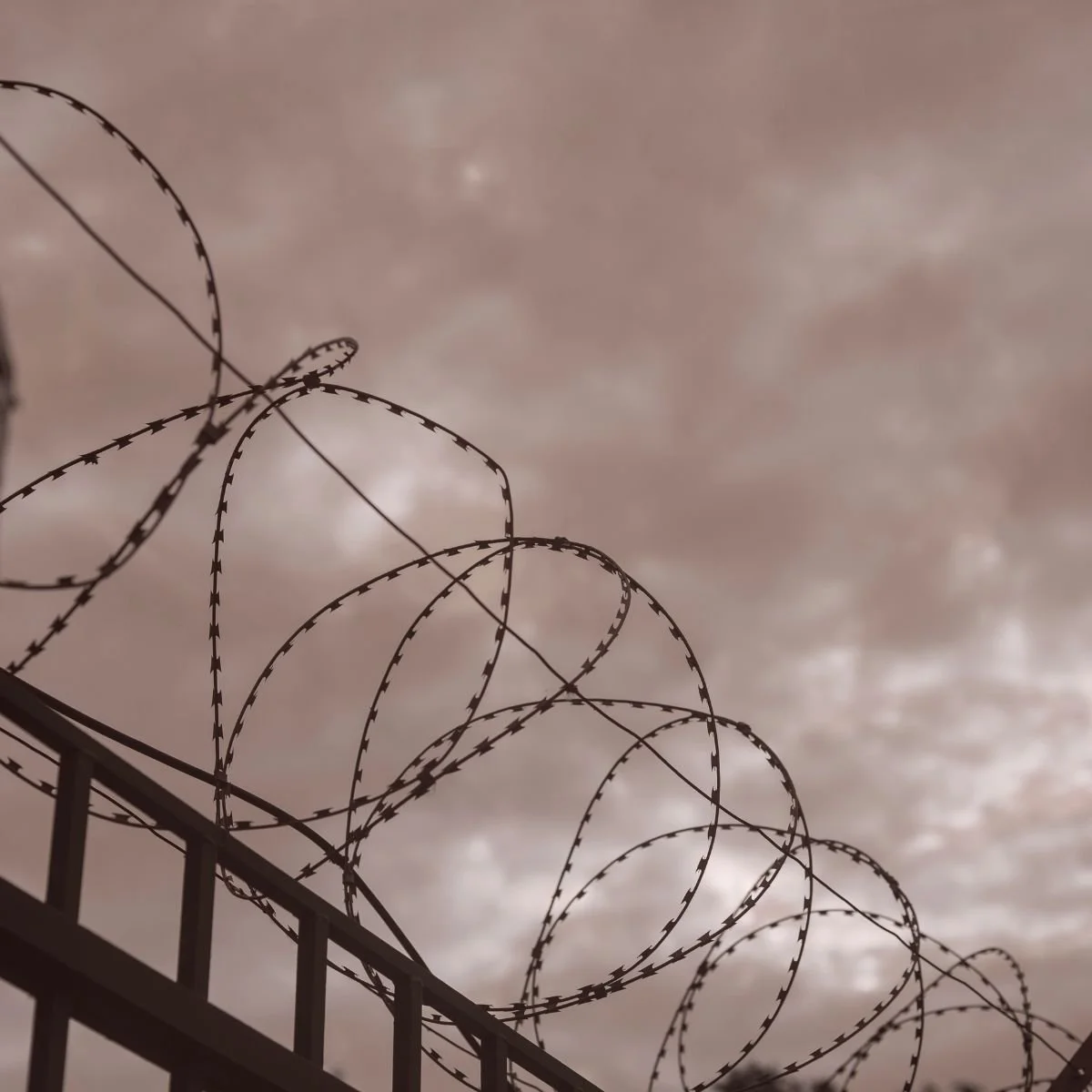Behind Bars Bulletin
In-depth insights and more
Welcome to our fortnightly newsletter and blog highlighting the evidence, policies, and practices that keep children in solitary confinement in Australia, and the reforms needed to end it.
Find our Special Bulletins here.
The Neuroscience Behind Solitary Confinement
Solitary confinement causes measurable harm to the human brain, and when it is used on children, that harm can be permanent.
The Disproportionate Impact of Isolation on First Nations Children
The over-criminalisation and imprisonment of Indigenous youth in Australia means that they are disproportionately subjected to harmful and traumatic youth justice practices.
The Cost of Solitary Confinement: How Much Are We Paying For Injustice?
Millions of public dollars are spent each year on isolation practices in youth detention that damage children and entrench long-term failure.
The Holidays Inside Australia’s Youth Justice System
The holiday season represents one of the biggest sources of joy that children around the world get to experience every year. But each year, children in detention are forgotten.
Disability Inclusion in Youth Justice Starts With Ending Isolation
On the International Day of People with Disability, Australia faces renewed scrutiny over how children with disability are treated in youth justice.
Australia is Failing Children in Youth Detention this World Children’s Day
This year’s World Children’s Day celebrates the right of every child around the world to play. However, the implementation of this right across Australia’s youth justice centres has been inadequate at best, and non-existent at worst.
The Reality of Rehabilitation in Youth Detention
The word ‘rehabilitation’ is included in the sentencing laws of every Australian jurisdiction, promising systems that support children to return safely to their communities, yet many children in detention are still locked alone for long periods without education or support.
Why Awareness of Children’s Rights Matters
This National Children’s Week, we are reminded to protect children’s rights we first need to understand where and how they are being violated.
Alternatives To Isolation That Actually Work
Rehabilitation focused alternatives in Australia’s youth detention system are far more effective than solitary confinement in reducing reoffending and supporting young people to thrive.
Why Solitary Confinement Fails To Stop Youth Crime
Solitary confinement in youth detention is often sold as a ‘tough-on-crime’ solution, but the evidence tells a very different story.
Debunking The Myths Around Solitary Confinement of Children
Solitary confinement continues in Australian youth detention centres because of the powerful myths that mask its true impact.
A Year Later: Reflecting on the ‘Help Way Earlier’ Report
On August 20, 2024, the ‘Help Way Earlier’ Report, released by the National Children’s Commissioner Anne Hollonds, was tabled by Federal Parliament.
From 1989 until now: Australia’s track record on children’s rights in detention under international law
1989 marked a historic shift in the world’s commitment to children’s rights, when the international community decided to adopt the UNCRC.
Joint NGO Report: Shining a light on Australia’s youth detention crisis.
A coalition of over 150 NGOs submitted a joint report to the United Nations Human Rights Council detailing Australia’s human rights failures.













